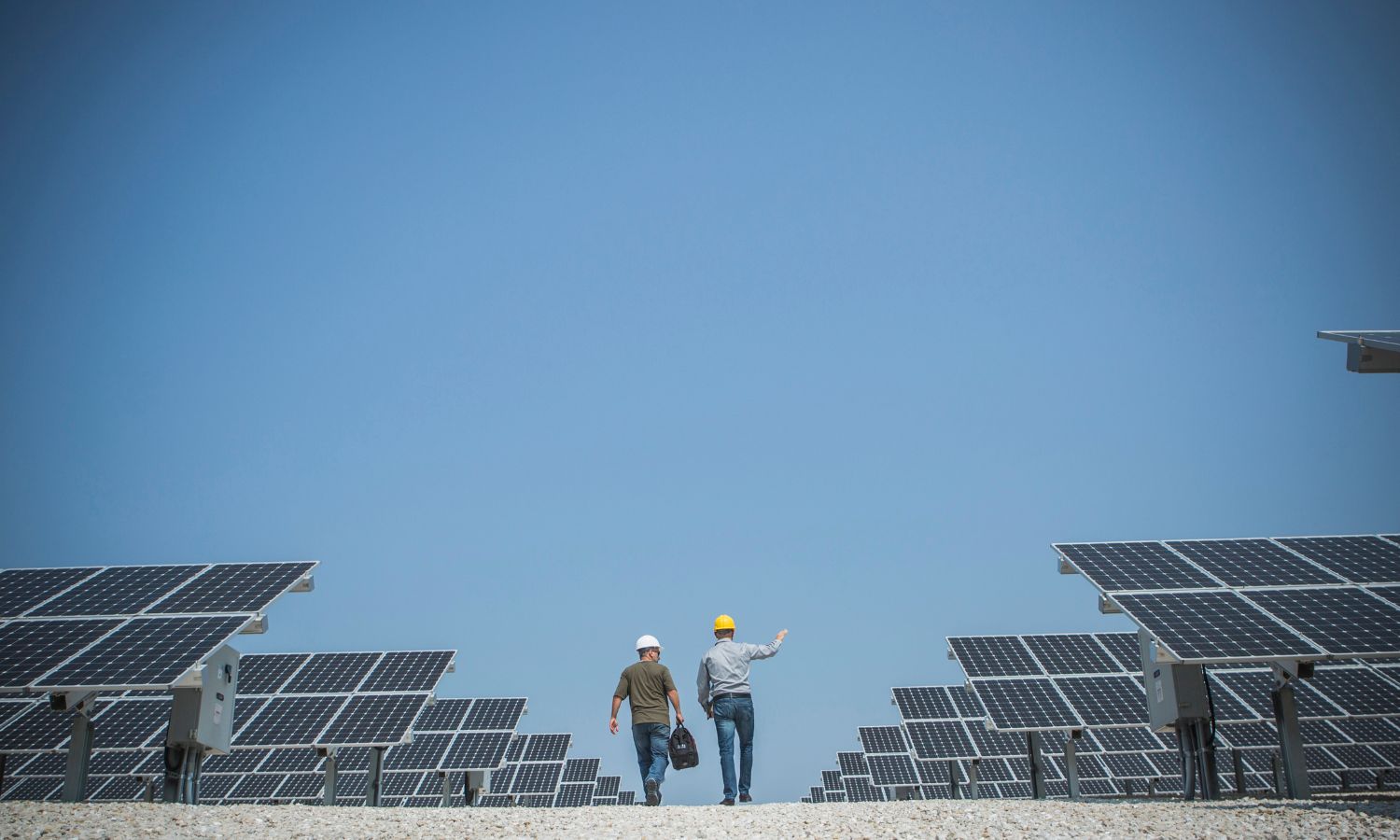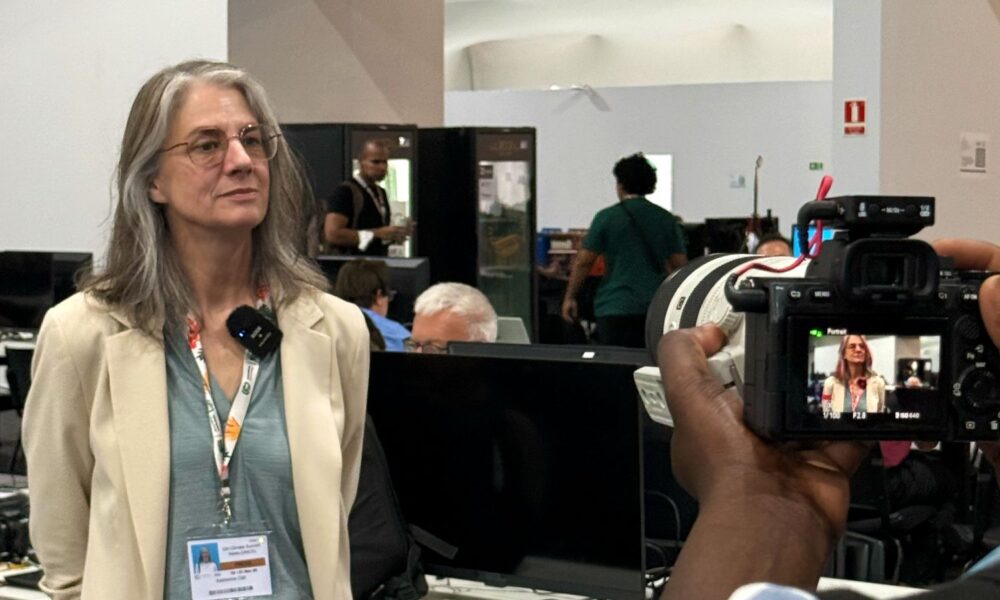 John Fedele / Getty Images
John Fedele / Getty Images
 John Fedele / Getty Images
John Fedele / Getty Images
Top reads
The latest
 raymondclarkeimages/Flickr
raymondclarkeimages/Flickr
 C-SPAN
C-SPAN
 The jet stream and polar vortex on January 3, 2017. Map from the University of Maine Climate Change Institute.
The jet stream and polar vortex on January 3, 2017. Map from the University of Maine Climate Change Institute.
 Photo: UCS/Anthony Eyring
Photo: UCS/Anthony Eyring

 USDA-SARE/Edwin Remsberg
USDA-SARE/Edwin Remsberg
 Bering Land Bridge National Preserve. Flickr
Bering Land Bridge National Preserve. Flickr

 Image: Flickr/mmatsuura
Image: Flickr/mmatsuura
 New York City smog in the 1960's. Photo: Wikimedia
New York City smog in the 1960's. Photo: Wikimedia
 Photo: Rick Obst/CC by 2.0, Flickr
Photo: Rick Obst/CC by 2.0, Flickr

 James Finch
James Finch
 USDA
USDA
 Photo: Ian Swoveland
Photo: Ian Swoveland






 Image: joel-t/iStock
Image: joel-t/iStock
 NOAA/Flickr
NOAA/Flickr





